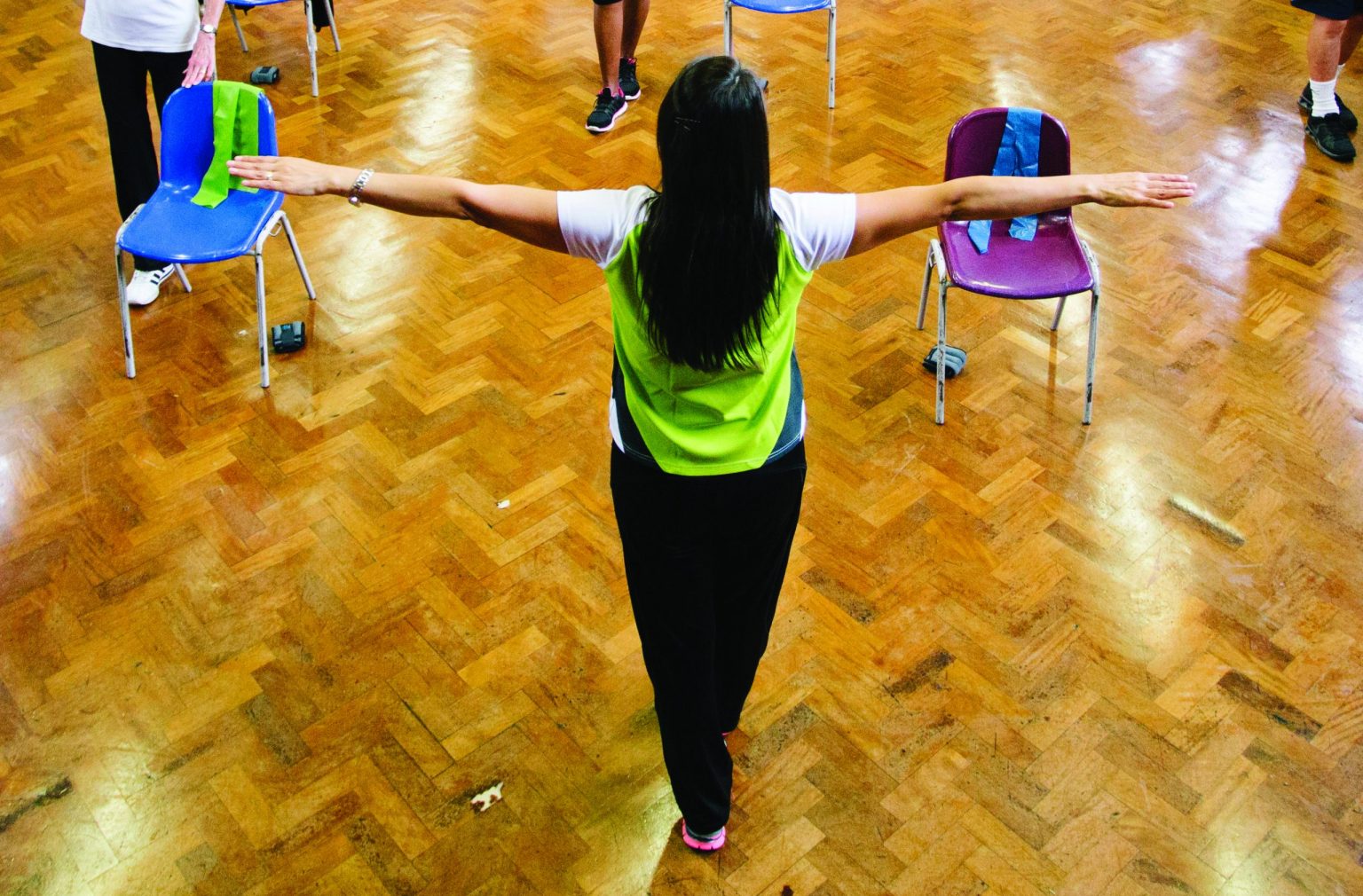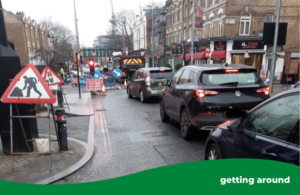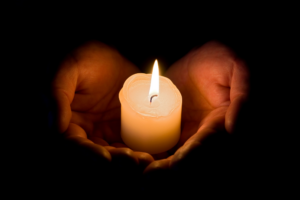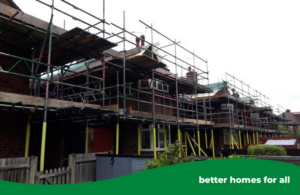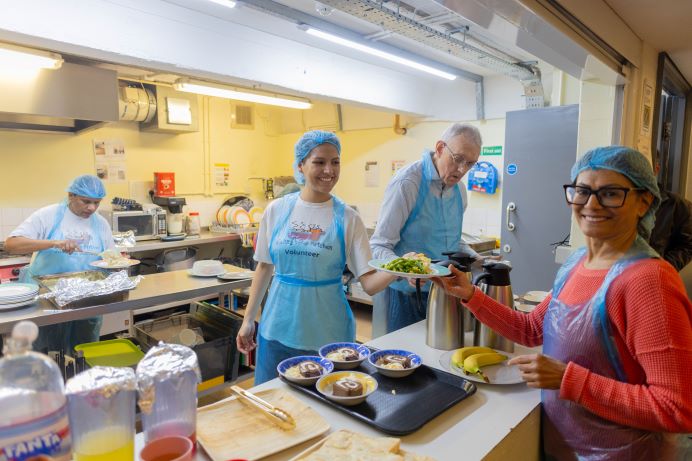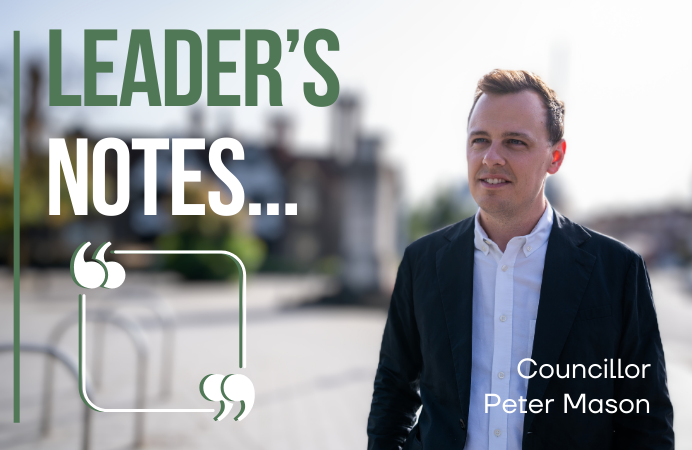Falls and fall-related injuries are a common and serious problem for older people. They can lead to injuries, distress and loss of independence.
Each year, the NHS in London deals with thousands of fall-related injuries and, nationally, it spends billions of pounds a year on treating those injuries.
Aside from physical injuries and the time it takes someone to recover from these, the mental and emotional consequences of having a fall cannot be underestimated.
Councillor Polly Knewstub, the council’s cabinet member for healthy equal lives, said: “Many people who have a fall lose their confidence and sometimes their independence for fear of having another fall. And falls are one of the biggest reasons for older adults being admitted into hospital, with more than 250,000 hospital admissions in the over 65s every year across the UK.
“We want to help you stay safe and steady, so a helpful falls prevention guide has been developed which helps you take actions to prevent a fall.”
The guide helps you to assess your home and health to prevent falls. There’s a simple assessment form to complete which helps you to discover if you are at risk of a fall.
If you are worried about your balance or fearful of falling, some simple steps you can take include:
- regular sight and hearing checks – there may be a charge if you are under 60)
- looking after your feet, wearing properly fitting shoes and slippers, and see a chiropodist if necessary – you may have to wait for a NHS chiropodist and private chiropody will have a charge
- be safe moving around your home at night, keep a torch by your bed, use battery or electric night lights or leave a light on in the hallway and near the toilet
- remove or tape down uneven tiles or carpeting, especially in walkways, on stairs and doorways, and keep passages clear.
- use a non-slip mat in the bath and/or shower
- move about – get up for a walk or stretch every 20 minutes or so if you’ve been sitting for a long time.
Local support
Check out if there’s a nearby Strength & Balance programme, Tai Chi, gentle yoga or light stretching class. Often these are available at local community centres or leisure centres.
If you need some help in putting in place items to make your home safer and easier to manager, the Ealing Handyperson Service can help. Call 020 8825 6070 or email HandyPersonReferrals@ealing.gov.uk
StayActive4Life deliver exercise classes to reduce the risk of falls. The classes are held across the borough in various locations including Acton, Ealing, Greenford, Perivale, Northolt, Southall, call for more details 01753 653836 / 07715170207 or email admin@StayActive4Life.co.uk
Everyone Active local leisure centres have loads of activities on offer for all abilities – bowls to badminton, swimming and social clubs (charges will apply). Visit the Everyone Active website to find out more.
Healthy Homes Ealing offers free and impartial advice on energy bills, insulating your home and how to upgrade old and inefficient heating systems. Financial assistance and grants. Tel: 0800 0832265
More help
Ealing Centre for Independent Living (ECIL) – free information, support and advice to disabled people in Ealing. Tel: 020 8280 2274
Ealing Advice Service (EAS) – free local advice, information and signposting for benefits, care and support. Tel: 020 8579 8429
Age UK Ealing – free telephone support & befriending service. Tel: 020 8567 8017
